The Journal

Editor
Michelle Kaminsky
Design
Landesberg Design
Contributing Writers
Ian Mikrut
Jay Nachman
Larry Teitelbaum
Photography
Dave Barbaree
Trevor Hayes
Melissa Kelly Photography
Sameer Khan/Fotobuddy
Eddy Marenco/Marenco Photo
Illustration
Doug Chayka
CREATIVE CONSULTATION
Dave Barbaree
Lisa Dirr
ADMINISTRATIVE COORDINATOR
Dalila Lewis
Website
journal.law.upenn.edu
Connect with us
Journal submissions:
alumnijournal@law.upenn.edu
www.law.upenn.edu/alumni/contact-us.php
The University of Pennsylvania values diversity and seeks talent-ed students, faculty and staff with diverse backgrounds, experiences, and perspectives. The University of Pennsylvania does not discriminate on the basis of race, color, sex, sexual orientation, gender identity, religion, creed, national or ethnic origin, citizenship status, age, disability, veteran status or any other legally protected class status in the administration of its admissions, financial aid, educational or athletic programs, or other University-administered programs or in its employment practices. Questions or complaints regarding this policy should be directed to the Executive Director of the Office of Affirmative Action and Equal Opportunity Programs, Franklin Building, 3451 Walnut Street, Suite 421, Philadelphia, PA 19104-6106; or (215) 898-6993 (Voice).
On Docket-
Vol. 60, No. 1, winter 2025




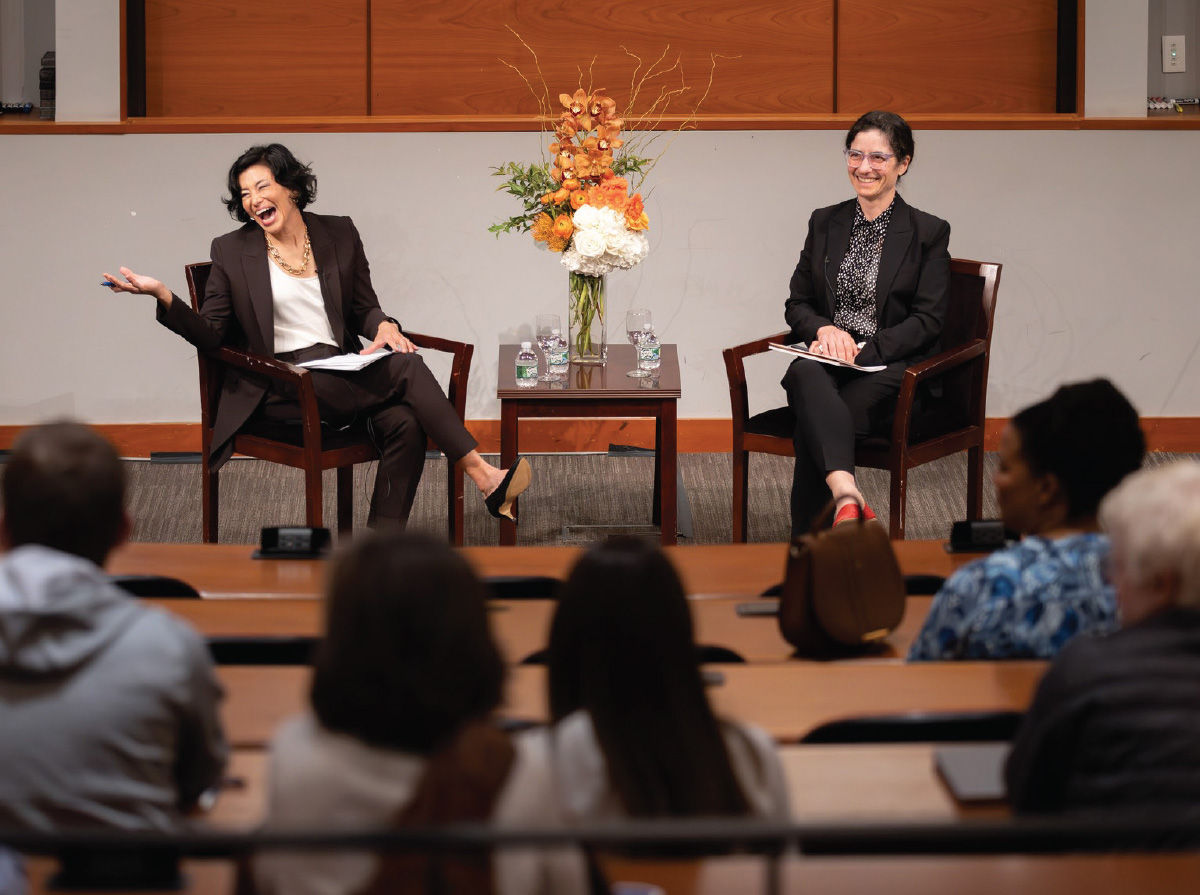
From The Dean
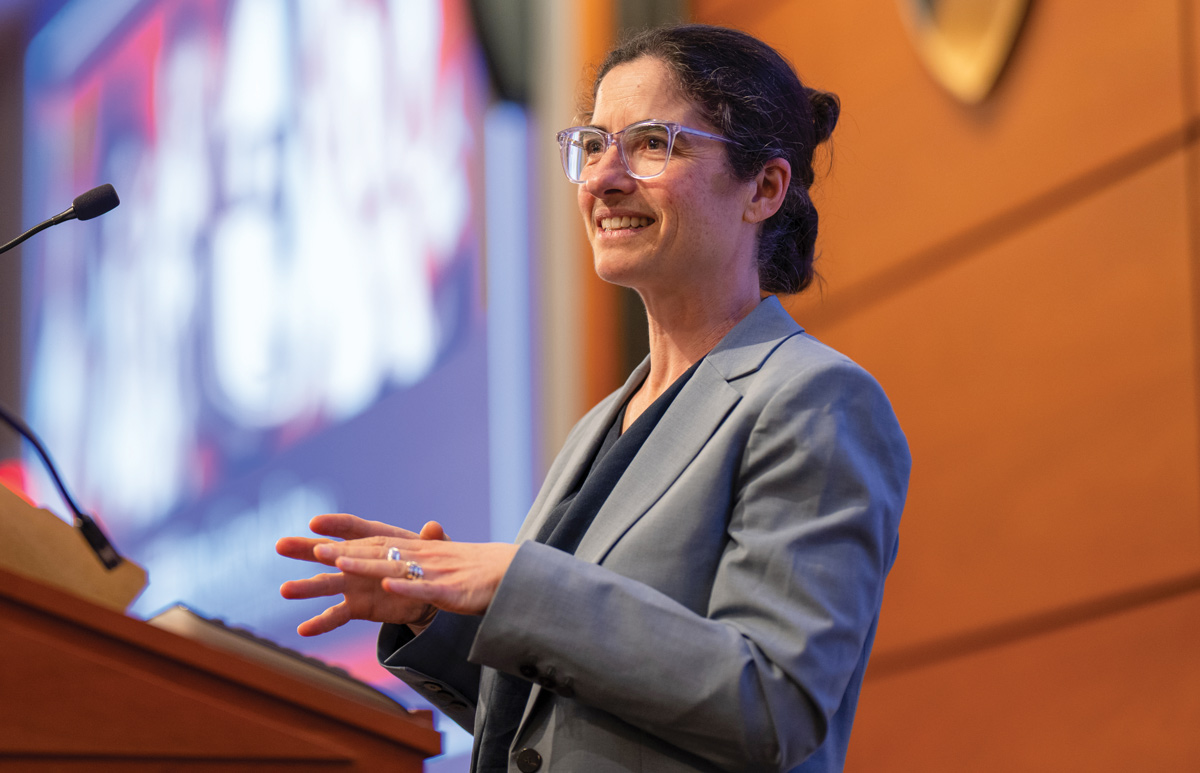
It is with deep pride and enthusiasm that I welcome you to this edition of The Journal, in which we explore how Penn Carey Law embraces our past, drives innovation, and forges paths into the future.
In today’s rapidly evolving legal landscape, Penn Carey Law is dedicated to bridging disciplines and preparing our students to become tomorrow’s leaders. Our Legal History Consortium, led by Prof. Karen M. Tani L’07, PhD’11, exemplifies this approach, providing a deep understanding of the law’s historical roots while fostering the next generation of legal historians. Looking ahead, our alumni and faculty are at the forefront of emerging fields such as artificial intelligence, energy and environmental law, and the legal complexities of the cannabis industry, shaping the future of the law. To that end, this fall, we launched the Penn Center on Media, Technology, and Democracy in partnership with five other Penn schools—an interdisciplinary initiative to address the complex intersections of policy, media, and technology.

Citation


Ordering the Human: The Global Spread of Racial Science
Columbia University Press
odern science and ideas of race have long been entangled, sharing notions of order, classification, and hierarchy. Ordering the Human presents cutting-edge interdisciplinary scholarship that examines the racialization of science in various global contexts, illuminating how racial logics have been deployed to classify, marginalize, and oppress.
These wide-ranging essays—written by experts in genetics, forensics, public health, history, sociology, and anthropology—investigate the influence of racial concepts in scientific knowledge production across regions and eras. Tracing the pernicious consequences of the racialization of science, Ordering the Human shines a light on how the naturalization of racial categories continues to shape health and inequality today.

Our Legal Practice Skills (LPS) course teaches our students to think, act, and communicate like a lawyer.
Led by Sarah Pierce, Denise A. Rotko Dean for Legal Practice Skills, and Jessica Simon C’95, Associate Director of Legal Practice Skills, LPS convenes students in small groups while also challenging and supporting them with one-on-one instruction—a format designed for collaboration on assignments, meaningful engagement with individualized feedback, and skill-building that equips them to enter the workforce as confident new attorneys.
“The purpose is to connect the doctrine of law that they’re learning in their other classes, such as torts, contracts, criminal law, with the practice of that law, when representing a real client, one who’s embroiled in the criminal justice system or engaged in a contract dispute, for example,” said Pierce.

Penn Carey Law alumni affinity associations maintain community after law school.
When Adam Tsao L’17 was asked to revive the Asian Alumni of Penn Carey Law (AAPCL) affinity group in 2020, he wanted to create something that would have wide resonance within the Law School community, stretching across generations and geographies.
“The first event that I put together was the Lunar New Year event,” Tsao recalled, “just because it’s such a significant cultural event for a large variety of different Asian and Pacific Islander-affiliated folks.”
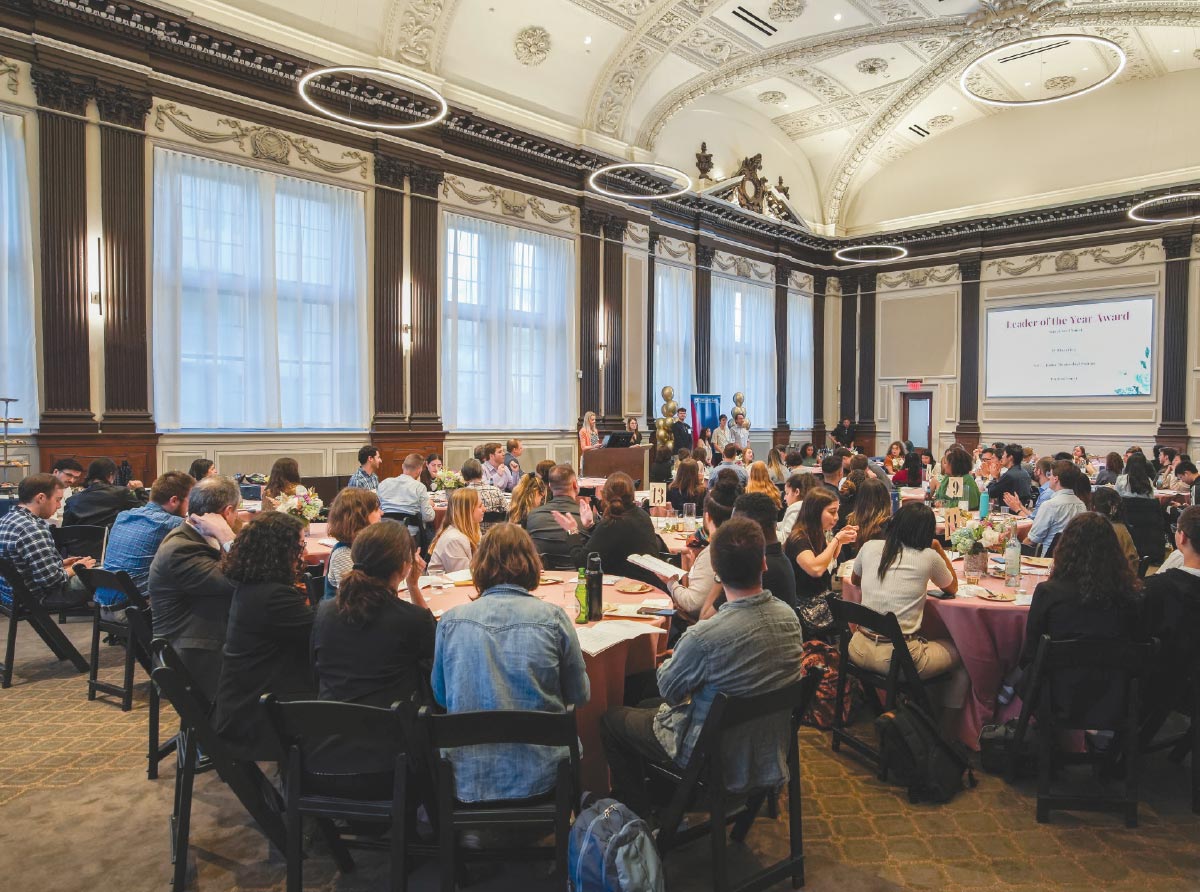
2024 Alumni Impact Awards
Jack Regenbogen L’15 and Rae Shih L’18 were finalists for the award. All were honored at TPIC’s annual Pro Bono Recognition Dinner, at which students, supervising attorneys, and organizational partners are honored for their commitment to pro bono work. Regenbogen was unable to attend.
Susan Pearlstein L’98
News & Events

MacArthur ‘Genius’ Grant for Pioneering Work in Social Justice
n being awarded this prestigious honor, Prof. Dorothy E. Roberts said, “I hope this award will shine a light on Black women’s visions and struggles for reproductive and family justice.”
Dorothy E. Roberts, George A. Weiss University Professor of Law and Sociology & Raymond Pace and Sadie Tanner Mossell Alexander Professor of Civil Rights at the University of Pennsylvania Carey Law School, has been named a 2024 MacArthur Fellow by the John D. and Catherine T. MacArthur Foundation. The MacArthur Fellowship is a five-year grant to individuals who show exceptional originality in and dedication to their creative pursuits.
“Dorothy Roberts’ groundbreaking work at the intersections of law, race, and social justice has profoundly impacted scholarship, public policy, and political mobilization,” says Dean and Bernard G. Segal Professor of Law Sophia Lee. “Her recognition as a 2024 MacArthur Fellow is fitting for a scholar who has reframed debates on critical issues ranging from child welfare to the biological basis of race. We are incredibly proud of her achievements and fortunate to have her as a faculty member at Penn Carey Law.”

PHOTO: DAVE BARBAREE
Prof. Kate Shaw joins more than two dozen University of Pennsylvania Carey Law School colleagues as ALI members.
Founded in 1923, ALI is an independent organization that produces scholarly work to clarify, modernize, and improve the law. Its elected members include eminent lawyers, judges, and academics from across the world, selected based on professional achievement and demonstrated interest in improving the law.
“I’m honored and humbled to join so many Penn Carey Law colleagues, and I look forward to participating in the ALI’s important work improving the administration of justice, a key aspect of the rule of law,” said Shaw.

PHOTO: DAVE BARBAREE
The Eric Friedman Skadden 1L Accelerate Program (1LAP) provides 1Ls with an early look into the Penn Carey Law experience.
The program, which is made possible by an endowed gift from Skadden, Arps, Slate, Meagher & Flom LLP, honors the 15 illustrious years that Eric Friedman L’89 served as Skadden’s Executive Partner as well as his extensive contributions to the legal profession and steadfast commitment to making the profession more accessible.
The first 1LAP three-day program took place August 5-7, 2024, at the Law School.
News & Events

The Fight for Fair Funding
everal Penn Carey Law alumni were instrumental in the landmark 2023 Commonwealth Court decision that declared Pennsylvania’s school funding system unconstitutional. This ruling paves the way for fair and equitable funding for public schools across the state.
Underscoring the decision’s historic nature, Dan Urevick-Ackelsberg L’09, a senior attorney at the Public Interest Law Center, said, “Education was declared a fundamental right for the first time in the Commonwealth’s history.”
With Mimi McKenzie L’86 as Legal Director, the Law Center advances the civil, social, and economic rights of communities in the Philadelphia region facing discrimination, inequality, and poverty, but the decision in William Penn School District et al. v. Pennsylvania Department of Education et al. reverberates well beyond the greater Philadelphia area.




The Law School welcomes experts in policing, banking and corporate finance, access to justice, legal practice skills, and more.
Anjelica Hendricks
Anjelica Hendricks researches and writes in the fields of policing, criminal law, and criminal procedure. Her academic work draws on her experiences as a Senior Policy Analyst for Philadelphia’s Police Advisory Commission (PAC), where she worked to identify systemic barriers to police accountability, and as a Philadelphia Public Defender, where she represented indigent clients in criminal proceedings. Hendricks also serves as the President of the Board of Directors for the American Civil Liberties Union (ACLU) Greater Philadelphia Chapter.
News & Events










On tour
Along the way, Lee met with University of Pennsylvania Carey Law School graduates in Philadelphia, Los Angeles, Washington, D.C., San Francisco, Miami, Chicago, and Boston. The events, which included breakfast meetings as well as cocktail receptions, offered a unique opportunity for alumni from all over the world to speak with Lee one-on-one and hear about her vision for the future.
“I am deeply impressed by our graduates and consistently inspired by their varied career paths as well as their passion for and commitment to Penn Carey Law,” said Lee. “They are vital to the Law School community, extending it out into the world, and I look forward to all we will accomplish—together—in the months and years to come,” said Lee.
New Penn Center on Media, Technology, and Democracy brings together six Penn schools.

 Christopher S. Yoo, Imasogie Professor in Law and Technology at Penn Carey Law, and Duncan Watts, Stevens University Professor and a Penn Integrates Knowledge Professor, are the the grant’s two principal investigators.
Christopher S. Yoo, Imasogie Professor in Law and Technology at Penn Carey Law, and Duncan Watts, Stevens University Professor and a Penn Integrates Knowledge Professor, are the the grant’s two principal investigators.The Center will be housed in the Penn School of Engineering and Applied Science (Penn Engineering) and will operate in partnership with five other schools at Penn, including the University of Pennsylvania Carey Law School as well as Penn Engineering, Penn Arts & Sciences, the Annenberg School for Communication, the Wharton School, the School of Social Policy & Practice, and the Annenberg Public Policy Center.
“There is a critical societal need to better understand—and respond to—the way media and information technologies mediate and even influence global conversations,” said J. Larry Jameson, Penn’s Interim President. “Championing truth and upholding democracy are important elements of Penn’s strategic framework, In Principle and Practice. We are uniquely positioned to lead on this great challenge through our accomplished faculty in AI and data science who work across disciplines. We are deeply grateful to the Knight Foundation for partnering with us on this critical endeavor.”
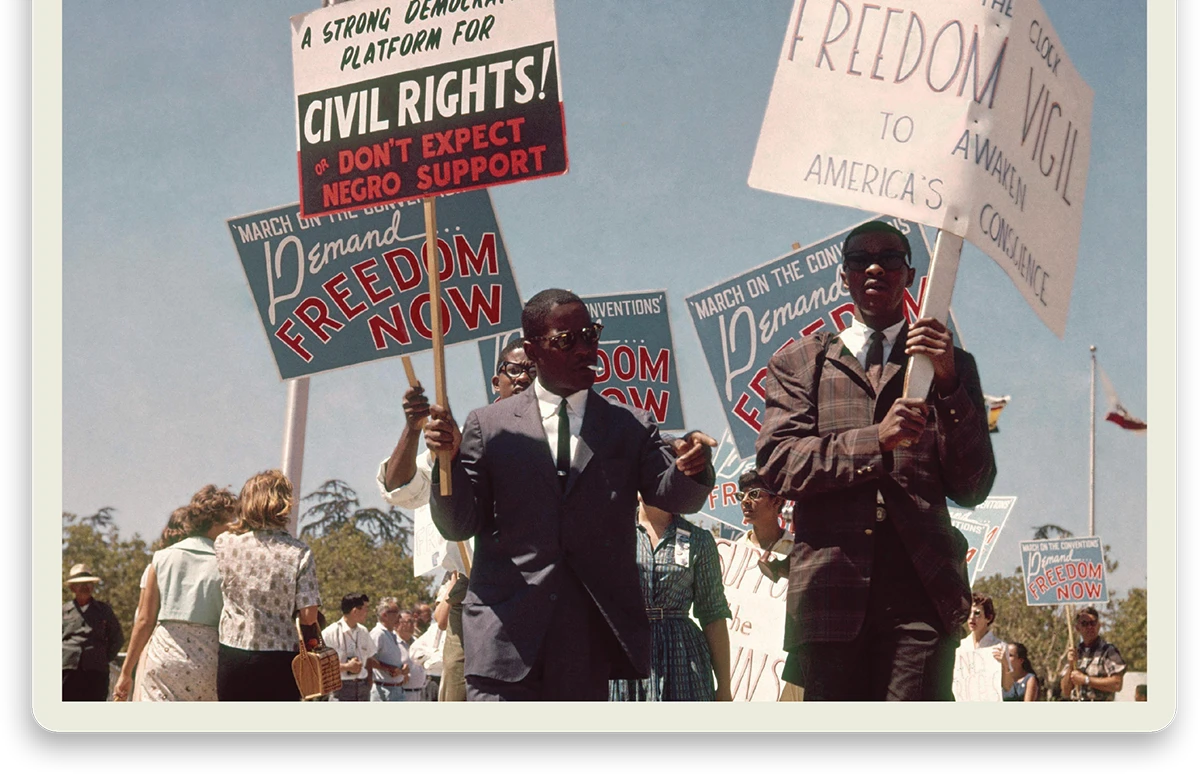
By Ian Mikrut
History in the Making
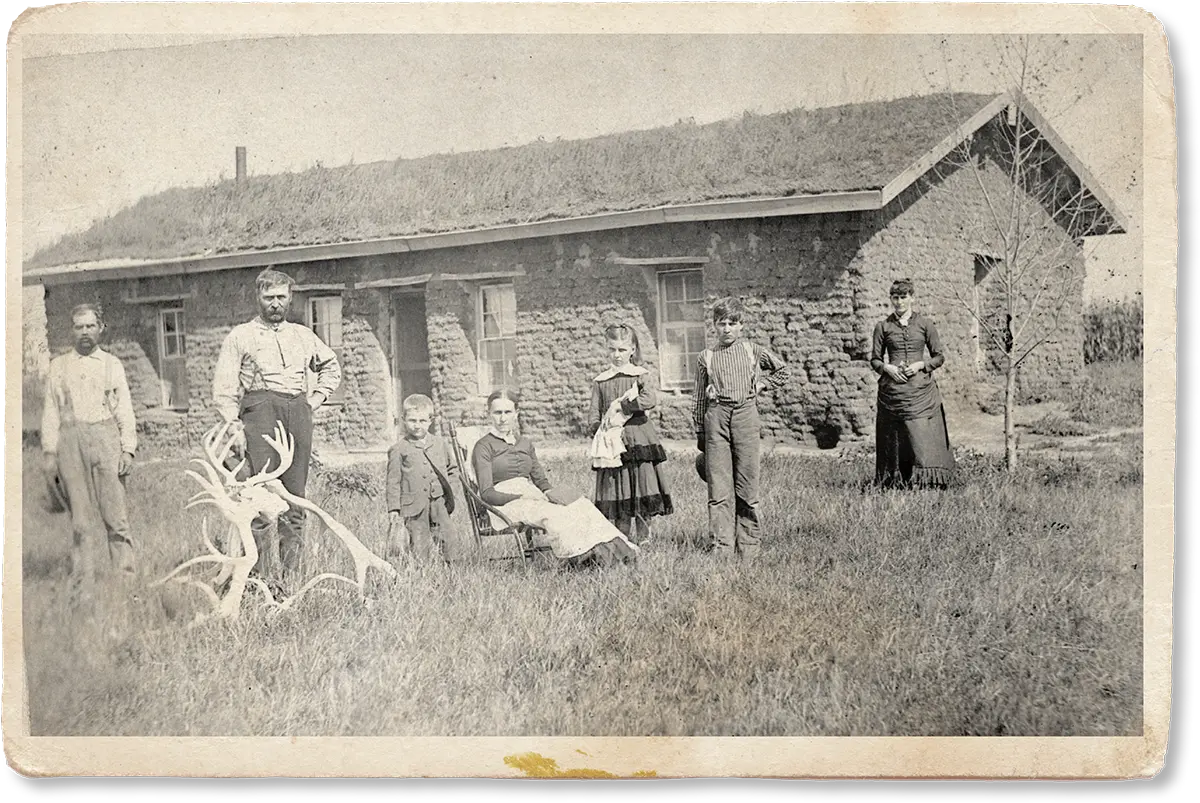

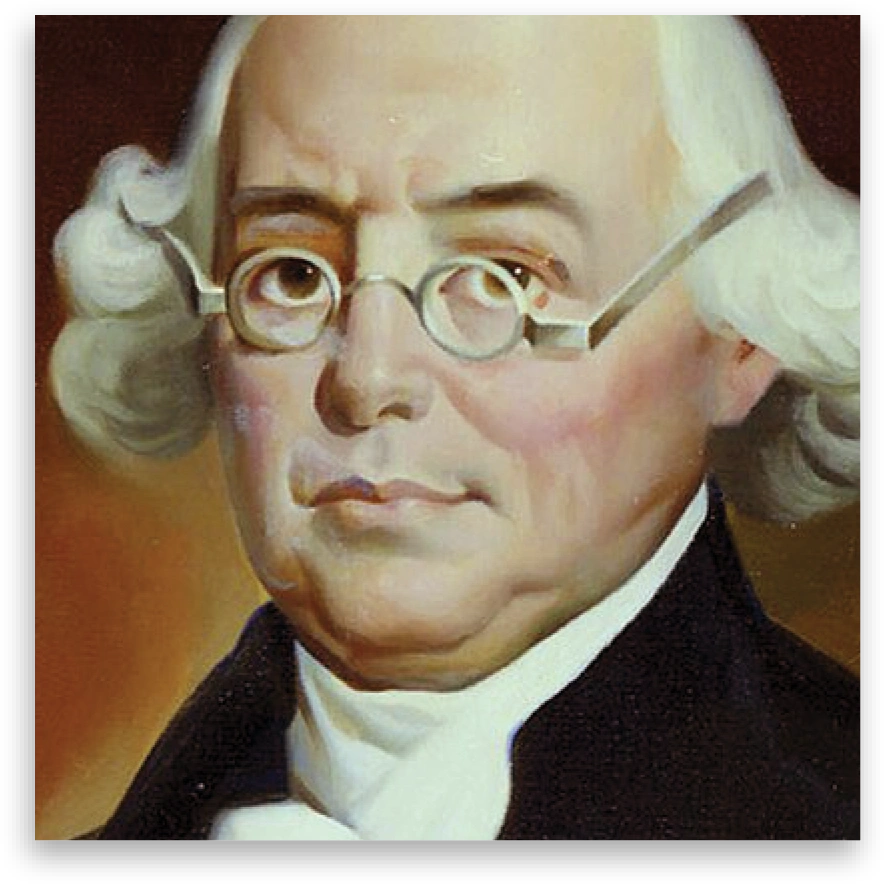
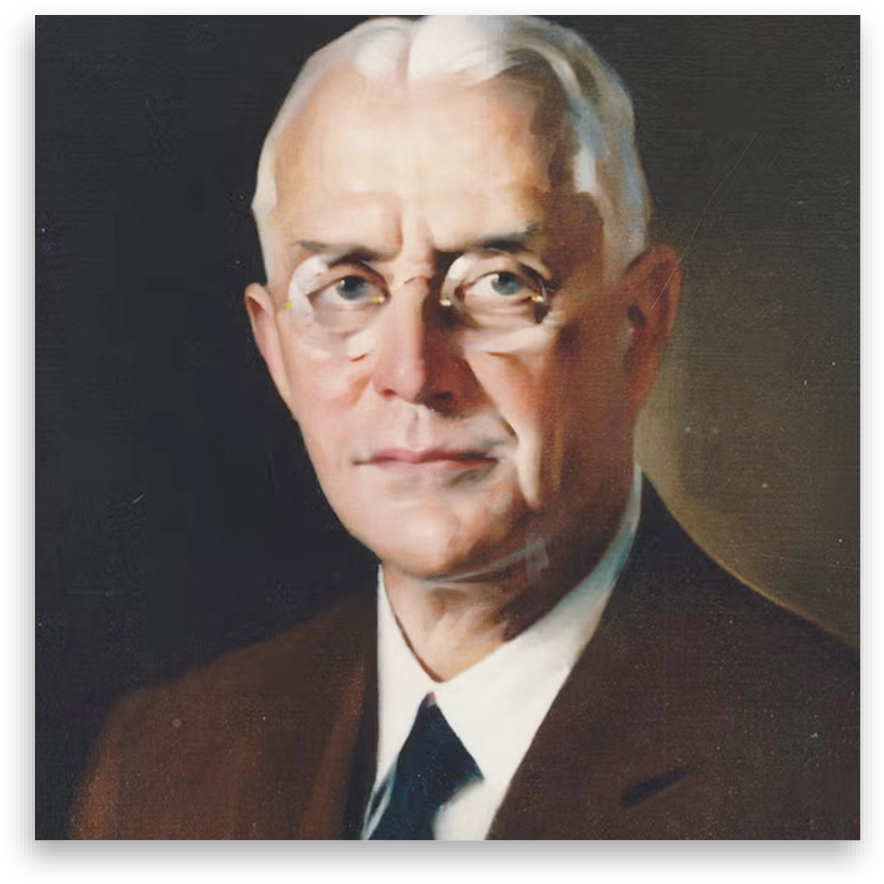



By Ian Mikrut
History in the Making






s a vital hub for academic collaboration, the Legal History Consortium embodies Penn Carey Law’s commitment to interdisciplinarity, uniting the Law School and Penn’s Graduate History Department to foster innovative research, scholarship, and education in law and history.
The 2023 retirement of Sarah (Sally) Barringer Gordon, Arlin M. Adams Professor of Constitutional Law and Professor of History, Emerita, marked a pivotal moment for the Consortium, which continues to flourish under the leadership of Karen Tani L’07, PHD’11, Seaman Family University Professor.
Tani, who coordinates the Legal History Consortium, returned to Penn Carey Law in 2020 and holds joint appointments in the Law School and History Department. Her research and scholarship focus on social welfare law, administrative agencies, the role of rights in the modern American State, and the history of disability law in the late 20th century.
Leading with Heart



Leading with Heart

t was love at first sight.
On a September day in 1980, Jo-Ann Verrier L’83, GEd’10 walked through the doors of 34th Street, eager to pursue her legal education. What she did not know was that this institution would become her professional home for 35 years, where she would find not just academic growth but also a lifelong commitment to the Law School’s community and mission.
“I was enthralled,” Verrier said. “Penn’s been in my heart since I opened that door. Even leaving here after graduation, I had the idea that maybe I would return to work in some capacity.”
She did return, spending more than three decades working alongside four deans, witnessing thousands of students walk through those same doors. She served in various roles throughout her tenure, including Director of Alumni Affairs, Assistant Dean of Career Planning and Placement, and Vice Dean for Administrative Services.
A Legacy of Federal Clerkships

Judicial clerkships offer recent graduates both rigorous legal experience and invaluable mentorship, providing a solid foundation for their careers. Penn Carey Law has long been fertile ground for federal judges looking for top law clerks—243 alumni obtained federal clerkships between May 2003 and April 2023, according to Christine C. Fritton, Associate Director of Clerkships.
Several federal judges consisently select Penn Carey Law grads to fill this vital role in their chambers, and here we explore some of those lifelong connections.
Judge Baylson has been on the bench for more than 22 years and a senior judge on the U.S. District Court for the Eastern District of Pennsylvania for 12 years. Judge Baylson also worked in private practice and served as the U.S. Attorney for the Eastern District of Pennsylvania from 1988 to 1993.
Buchwald, one of 23 Penn Carey Law grads to clerk for Judge Baylson, said he became a better writer and researcher during his clerkship with Baylson.

Protecting the Planet

Protecting the Planet

rom landmark pollution and climate change litigation to groundbreaking research and scholarship, the pioneering work of Penn Carey Law alumni and faculty in environmental and energy law are effecting change and inspiring new generations of advocates. David Weinberg L’73, Mark Sussman L’ 77, Lori Greenberg Kier L’91, and Matt Pawa L’93 are among a cadre of Penn Carey Law alumni who have paved the way.
David Weinberg L’73
Thrust into a developing field, David Weinberg L’73 said he became the first lawyer in the United States to negotiate this type of groundbreaking settlement on behalf of his client: Weinberg got the hauler to pay for the final stages of the cleanup and convinced the U.S. government to testify that his client, Inmont, a paint manufacturer that was the prime source of the sludge, had paid its fair share and should be insulated from future lawsuits.
The Road to Cannabis Legalization

n the question of national cannabis legalization, Elliot Choi L’10 measures the answer in years rather than decades.
Choi is a longtime legal advisor to the cannabis industry and Deputy General Counsel at C3 Industries, a private multistate cannabis company with retail locations and cultivation and manufacturing facilities. He points to public opinion polls that consistently show a vast majority of Americans in favor of making cannabis available throughout the country for medical and adult use.
He also notes that signals from the Drug Enforcement Agency suggest the federal regulatory agency is ready to consider removing cannabis from the Schedule 1 classification of controlled substances, where it has been grouped since 1970 with heroin and LSD. This action, Choi said, could change perceptions about the dangers of the drug and open the door for more research on its potential benefits.

The Road to Cannabis Legalization

n the question of national cannabis legalization, Elliot Choi L’10 measures the answer in years rather than decades.
Choi is a longtime legal advisor to the cannabis industry and Deputy General Counsel at C3 Industries, a private multistate cannabis company with retail locations and cultivation and manufacturing facilities. He points to public opinion polls that consistently show a vast majority of Americans in favor of making cannabis available throughout the country for medical and adult use.
He also notes that signals from the Drug Enforcement Agency suggest the federal regulatory agency is ready to consider removing cannabis from the Schedule 1 classification of controlled substances, where it has been grouped since 1970 with heroin and LSD. This action, Choi said, could change perceptions about the dangers of the drug and open the door for more research on its potential benefits.
Class Notes
Fine Print

1960s
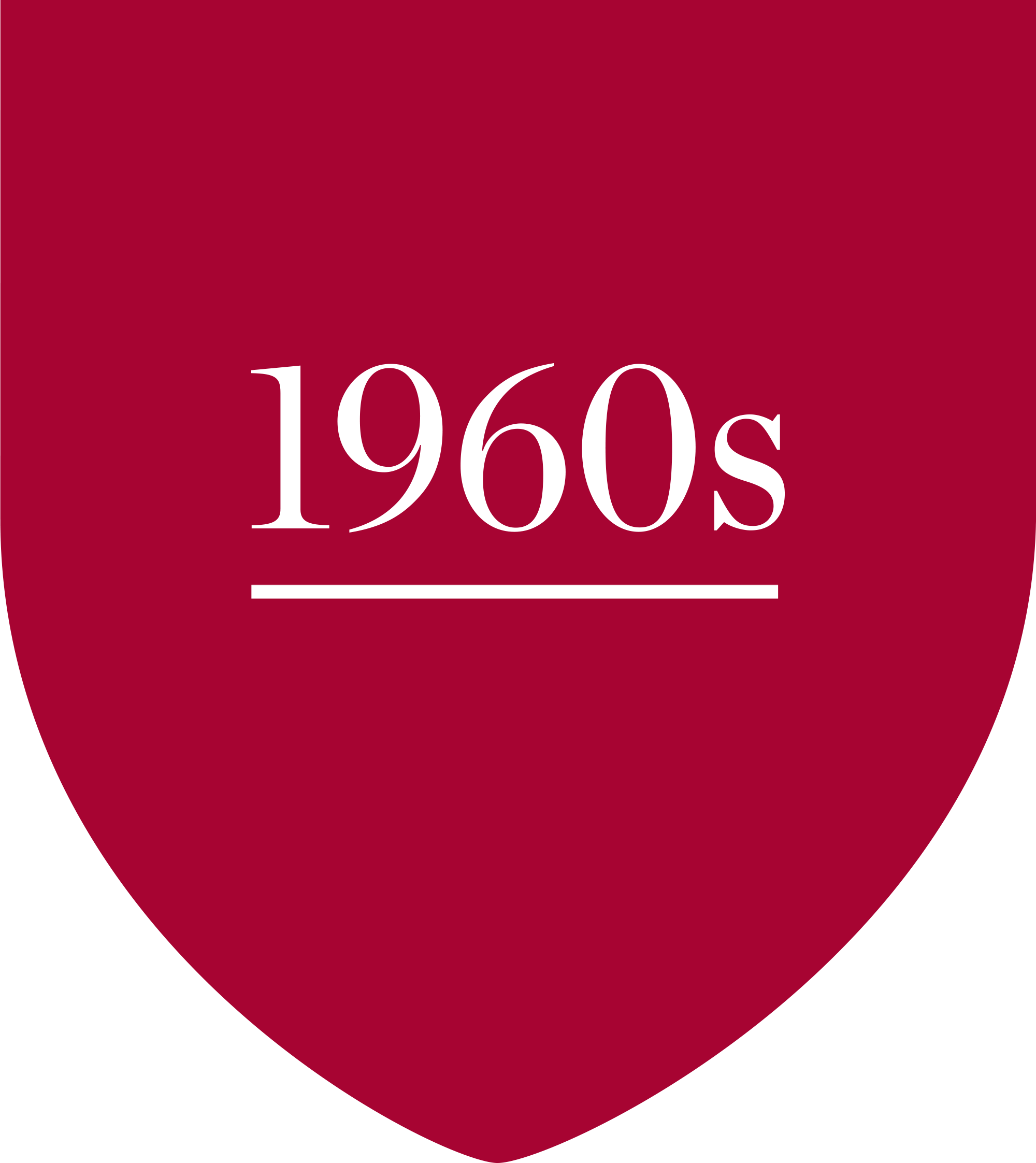
Charles Clayman L’69 received the Lifetime Achievement Award by the New York Law Journal. For more than 50 years, Clayman has fought for justice in the courtrooms of New York City and is considered by many to be one of the elder statesmen of criminal defense lawyers. He was one of the very first attorneys to establish a boutique white collar criminal defense law firm directly after leaving a prosecutor’s office, a practice that has now become standard in the criminal defense bar. Clayman is a pioneering attorney and steadfast advocate for justice, who combines his legal acumen with a deep philanthropic commitment and civic engagement, all of which makes him a deserving recipient of the New York Law Journal’s Lifetime Achievement honor.
In Memoriam

Remembering Stephen Cozen C’61, L’64
“Steve Cozen was an extraordinary individual whose legacy will forever be woven into the fabric of Penn Carey Law and the broader Philadelphia legal community,” said Dean and Bernard G. Segal Professor of Law Sophia Z. Lee. “His unwavering commitment to justice, dedication to the legal profession, and profound generosity have left a lasting mark on our institution and the lives of countless students, faculty, and colleagues. We mourn his loss deeply and celebrate the remarkable life he lived with gratitude and admiration.”
Cozen founded the Cozen O’Connor law firm, which grew from four attorneys in Philadelphia in 1970 to more than 925 attorneys and 33 offices across the United States, Canada, and the UK. A proud Philadelphian, Cozen was widely known for his lifelong commitment to the community.
ADJOURNED
“I think this was definitely a long time coming for a lot of people at the Law School,” said Liz Dowdle L’25, President of the Light Opera Company. “It’s been an incredible experience working with my friends and teammates to bring back this tradition and rebuild the arts community on campus. Law school can take up so much of your life, so it’s really special that we are able to give people the opportunity to share their talents outside of academics and the law.”
ADJOURNED
“I think this was definitely a long time coming for a lot of people at the Law School,” said Liz Dowdle L’25, President of the Light Opera Company. “It’s been an incredible experience working with my friends and teammates to bring back this tradition and rebuild the arts community on campus. Law school can take up so much of your life, so it’s really special that we are able to give people the opportunity to share their talents outside of academics and the law.”



